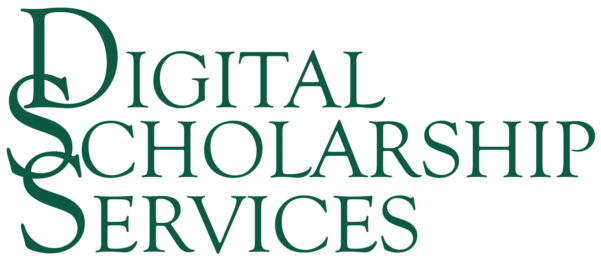Location
Google Plus Hangout
Start Date
22-6-2013 10:00 AM
End Date
22-6-2013 11:30 AM
Keywords
school accountability, history, Denmark
Description
In this paper we focus on primary education accountability as a concept and as an organisational practice in Danish history of education. Contemporary policy studies of education often address questions of accountability, but the manifestations of school accountability differ significantly between different national settings. Furthermore, accountability measures and practices actually change the ways and means by which societies approach their cultural edifices in general and their educational systems in particular. In other words accountability measures and practices tend to have a disciplining effect on its surroundings. Hence there is a need to clarify the characteristics and traits connected with the concept – both at an analytical level and at a practice level. One way of approaching this endeavour is to turn to the history of education, because the discourse of accountability actually incorporates numerous historical antecedents, technologies, and arguments.
The paper presents the case of Denmark using the key analytical questions of school accountability put forth by Joseph C. Burke as a starting point; namely “who is accountable to whom, for what purposes, for whose benefit, by which means and with which consequences” (Burke, 2005, p. 2). Our focus areas are the diachronic legal framings of school accountability since early modernity, the differing practices of school accountability at different administrative levels in the same period and the interplay between these entities where the complexities of transfer and translation are pivotal.
Empirically the paper is based on the relevant body of laws, the archival sources of the Ministry of education found in the Danish National Archive and the archival sources of the Regional Archive of Northern Jutland as well as existing research in the field.
Rights Information
PDF version
Danish Primary Education Accountability – a conceptual and organizational jour-ney of accountability practices in Danish history of education
Google Plus Hangout
In this paper we focus on primary education accountability as a concept and as an organisational practice in Danish history of education. Contemporary policy studies of education often address questions of accountability, but the manifestations of school accountability differ significantly between different national settings. Furthermore, accountability measures and practices actually change the ways and means by which societies approach their cultural edifices in general and their educational systems in particular. In other words accountability measures and practices tend to have a disciplining effect on its surroundings. Hence there is a need to clarify the characteristics and traits connected with the concept – both at an analytical level and at a practice level. One way of approaching this endeavour is to turn to the history of education, because the discourse of accountability actually incorporates numerous historical antecedents, technologies, and arguments.
The paper presents the case of Denmark using the key analytical questions of school accountability put forth by Joseph C. Burke as a starting point; namely “who is accountable to whom, for what purposes, for whose benefit, by which means and with which consequences” (Burke, 2005, p. 2). Our focus areas are the diachronic legal framings of school accountability since early modernity, the differing practices of school accountability at different administrative levels in the same period and the interplay between these entities where the complexities of transfer and translation are pivotal.
Empirically the paper is based on the relevant body of laws, the archival sources of the Ministry of education found in the Danish National Archive and the archival sources of the Regional Archive of Northern Jutland as well as existing research in the field.


